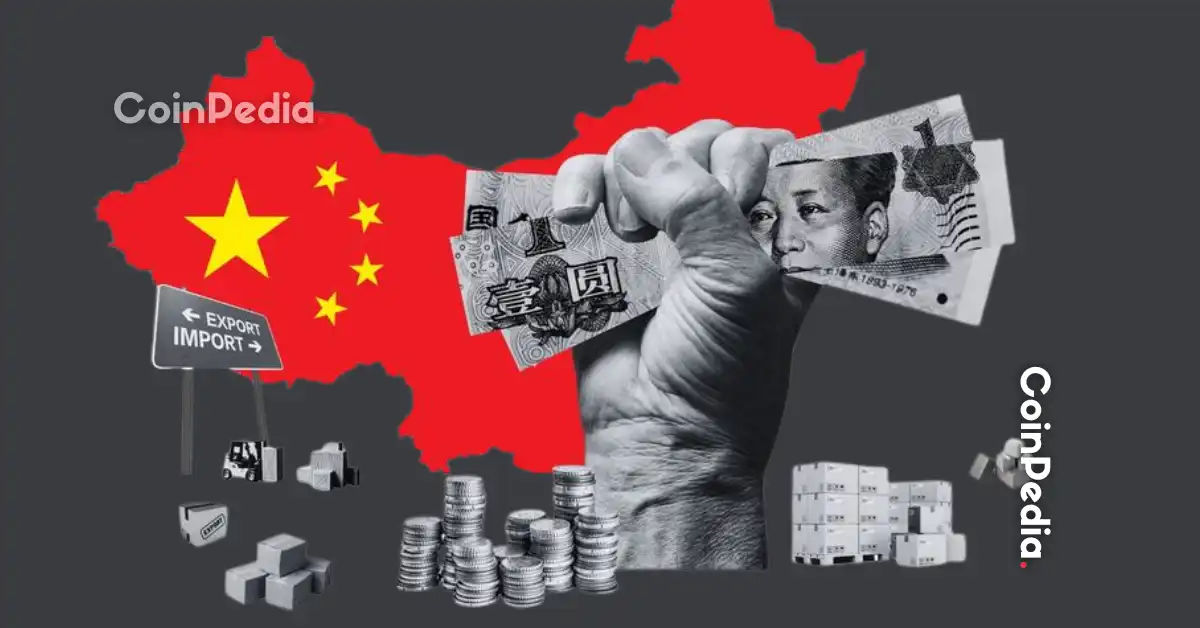
China has long been the world’s toughest critic of crypto. Over the past decade, Beijing has banned exchanges, outlawed ICOs, and in 2021 went as far as declaring all crypto trading illegal.
Now, the script is shifting. A Hangzhou-based electric vehicle firm has taken a step that could signal a new chapter in China’s relationship with digital assets.
Here’s what’s shifting.
Jiuzi Holding announced plans to build a $1 billion cryptocurrency reserve, starting with Bitcoin, Ethereum, and Binance Coin. The company’s board has approved a Crypto Asset Investment Policy, with the goal of strengthening its balance sheet and boosting long-term shareholder value.
CEO Tao Li called it “a proactive step in our treasury management to safeguard and enhance long-term shareholder value.”
To back the strategy, Jiuzi has brought in Dr. Doug Buerger, a well-known crypto specialist, as Chief Operating Officer. A new Crypto Asset Risk Committee, led by CFO Huijie Gao, will oversee the reserves, which will be held by top custodians.
The company says it won’t trade crypto for profit but the assets will be stored as a hedge and reported through SEC filings.
The market responded quickly. Jiuzi’s U.S.-listed stock spiked 55% in premarket trading before pulling back by about 32% once markets opened.
The move puts Jiuzi in line with other global firms that are adding crypto to their treasuries. Japan’s Metaplanet recently bought over $600 million worth of Bitcoin, while U.S.-based companies like CEA Industries and BitMine are expanding into BNB and Ethereum.
This corporate shift comes as stablecoins are becoming a bigger geopolitical story.
Over 99% of the $280 billion stablecoin market is pegged to the U.S. dollar. With the GENIUS Act in America paving the way for regulated dollar stablecoins, the U.S. is pushing its dominance deeper into digital finance.
For China, that’s a problem. Beijing has long tried to reduce dollar dependence, yet stablecoins only strengthen it. Hong Kong is emerging as a testing ground. New rules that took effect on August 1 set strict standards for issuers, potentially opening the door to yuan-backed or HKD-pegged stablecoins.
Jiuzi’s move is about more than one company. It’s the first sign that Chinese corporations may be ready to adopt digital assets even if the government keeps direct trading under tight control.
If others follow, China could shift from being the world’s most anti-crypto nation to one of the most strategic players in how digital assets are used in business.
For a country that once slammed the door on Bitcoin, this billion-dollar reserve feels like the start of something new.
Jiuzi Holdings, an electric vehicle firm, is treating digital assets like Bitcoin and Ethereum as a long-term treasury reserve to protect against economic uncertainties, not for active trading.
Jiuzi plans to use its crypto reserve to strengthen its balance sheet and enhance shareholder value, viewing the assets as a hedge against macroeconomic risks.
The company’s U.S.-listed stock experienced significant volatility, surging 55% in premarket trading before pulling back as markets opened, demonstrating strong investor interest.
Heavy order-book activity has been recorded on the XRP Ledger (XRPL) after automated monitoring systems…
A leading market analyst says the crypto market may be heading into a short-term rebound,…
The U.S. crypto industry could soon see one of its most important regulatory bills become…
Bitcoin price is once again stuck below the psychological $70,000 level, and the price action…
Story Highlights The live price of the PEPE coin is . Analysts predict PEPE could…
Story Highlights The live price of Ondo Price is Price predictions for 2026 range from…